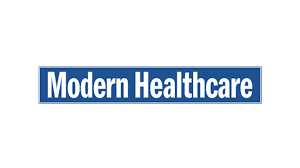- Join Our Community
- Subscribe/Renew
- Sign Up for OR am (Free Daily eLetter)
- Contribute to OR Manager
- Meet the Editorial Board
- Share Your News
- Exclusive Content
- Digital Learning Series
- Webinars
- Whitepapers
- Partner Content
- Conference Insights
- Career and Salary Survey
- Curated Collections
- Poster Research Collection










 Free Daily News
Free Daily News